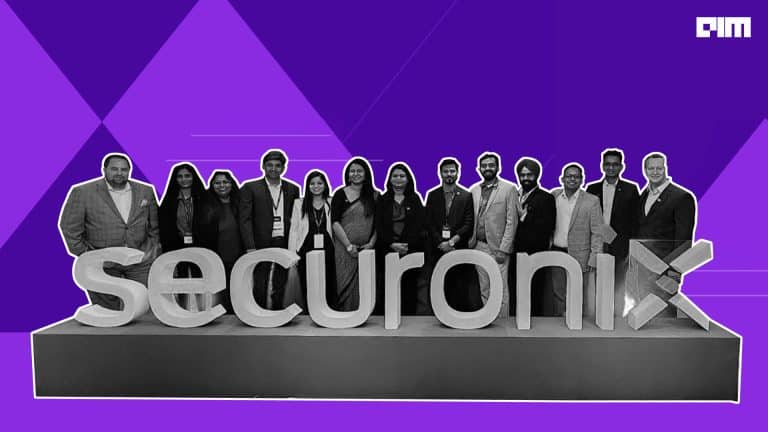In this article, we bring to attention the top advice from experts in the cybersecurity world that can help you safeguard your business data from breaches and hacks.
In today’s era, most companies are willing to expend a lot of funds to create the needed standards, guidelines and data procedures for a comprehensive security program. More so, they are willing to spend even more on the cybersecurity technologies to prevent breaches and hacks.
In the ever-changing world of cybersecurity technologies, it’s not just that companies have to implement a security program and believe they’re done. There’s a lot more that goes daily to keep the valuable enterprise assets secure. For example, many cybersecurity standards (PCI DSS) and even the security practices of payment card companies have been unable to protect merchants from cyber attacks.
The threat landscape is always evolving, both on the side of threats and of regulators, and companies, therefore, have to make sure that their security programs are adaptable to the change. Here, we bring to you the best tips on keeping sensitive enterprise data safe from hacks and breaches, as told by leading cybersecurity experts.
Data Classification
According to experts, enterprises must understand and prioritise the data that needs to be secured and build a Data Classification Policy to classify that data based on its importance and sensitivity. The failure to understand where the companies’ sensitive information is sitting happens only when there are no defined policies to systematically and continuously categorise company data. It is also required to put specific controls in place to make sure all the categories of data are managed in their context and importance.
Dealing With Insider Threats
While most of the data breaches are proved to be insider attacks, security and governance protocols must be put in place to decide who can access and procure sensitive data and corporate information. Actively managing and surveilling the insider threats with appropriate security and controls can not only prevent attacks but also help in damage control in case there is an attack on the information system.
Access control systems help in identifying the authentication of business users by analysing needed login credentials such as passwords, biometric-based scans, web security tokens or multi-factor authentication.
Read More: Understanding The 5 Factors Of Multi-Factor Authentication
User authentication is critical to safeguarding access systems, and therefore security controls which rely on authenticating individuals are essential in order to determine what particular individuals do within the organisation. This also makes sure that an entity within an organisation gets authorised access to actions via IP or login username to deliver only those actions which they are entitled to perform.
Data Encryption
Companies must implement and manage encryption to protect sensitive data. The key to an ideal encryption strategy is to use strong encryption and effective key management so that the sensitive data is encrypted before it is sent across untrusted networks for email or file storage, etc.
Companies can have point-to-point encryption and tokenisation technologies as well for secure payments and network access. For payment companies and merchants, in particular, using encryption is extremely critical so that the financial company does not have to handle and store card data as a transaction is processed.
Read More: Top 3 Reasons Why Your Data Needs Encryption
Companies can have point-to-point encryption and tokenisation technologies as well for secure payments and network access. For payment companies and merchants, in particular, using encryption is extremely critical so that the financial company does not have to handle and store card data as a transaction is processed.
Managing Cloud
According to many experts, while cloud computing and storage have become a much-needed component of enterprise innovation, storing data in the cloud means storing data on a stranger’s computer. Businesses know that once you migrate to the cloud, they may lose control over their data. Particularly if the enterprise data is classified or sensitive, it must be encrypted and sent to a cloud platform.
Also, businesses need to understand policies by their cloud services provider’s before sharing the keys to them. This includes the backup, access and security policies. Organisations should use similar security and governance policy as used within the physical perimeter as on the cloud, be it a hybrid or a public cloud model.
Read More: Is Zero-trust Approach The Next Best Strategy To Keep Data Safe?



















































































